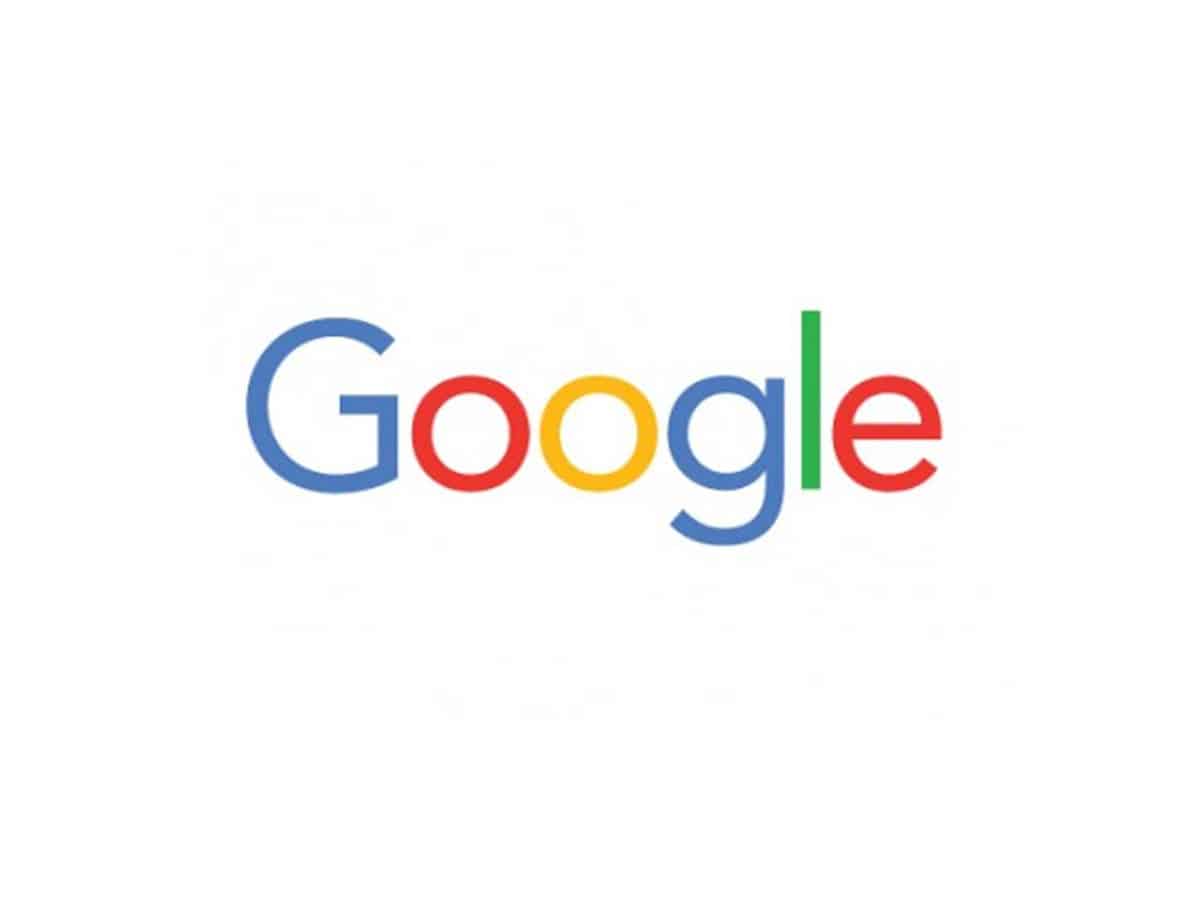Washington: Tech giant Google is launching an AI-powered tool that will help users in self-diagnosing hundreds of skin conditions.
As per The Verge, the tool will use artificial intelligence to help people identify skin, hair, or nail conditions. The company previewed the tool at the I/O annual developers conference on Tuesday, and it stated it hopes to launch a pilot later this year.
People can use their phone’s camera to take three pictures of the problem area — for example, a rash on their arm. They’ll then answer a series of questions about their skin type and other symptoms.
The tool then gives a list of possible conditions from a set of 288 that it’s trained to recognise. It’s not intended to diagnose the problem, the company said in a blog post.
Google decided to tackle skin conditions using artificial intelligence because of their prevalence, said Karen DeSalvo, the chief health officer at Google Health.
“People are coming to Google to ask questions about skin conditions. We get about 10 billion annual skin condition queries,” she said in an interview with The Verge.
Of course, experts can help people determine if it’s something simple or indicative of a more serious illness, but there’s a shortage of dermatologists all over the world. DeSalvo hopes that this tool can help get people accurate information about potential conditions, quickly, without having to spend hours doing their own online research.
The team trained the model on millions of images of skin problems, thousands of images of healthy skin, and 65,000 images from clinical settings. The model takes factors like age, skin type, sex, and race into account when suggesting possible conditions.
When it was tested on around 1,000 images of skin problems from a diverse range of patients, Google said it identified the correct condition in the top three suggestions 84 percent of the time. It included the correct condition as one of the possible issues 97 percent of the time.
The new system builds on Google’s past work using artificial intelligence tools to identify skin conditions. The company published the first iteration of its deep learning system in Nature Medicine last spring.
Google is also working with a Stanford University research team to test how well the tool works in a health care setting.
The company obtained a Class I medical device mark for the tool in the European Union, designating it as a low-risk medical device. It has not been evaluated by the United States Food and Drug Administration.

